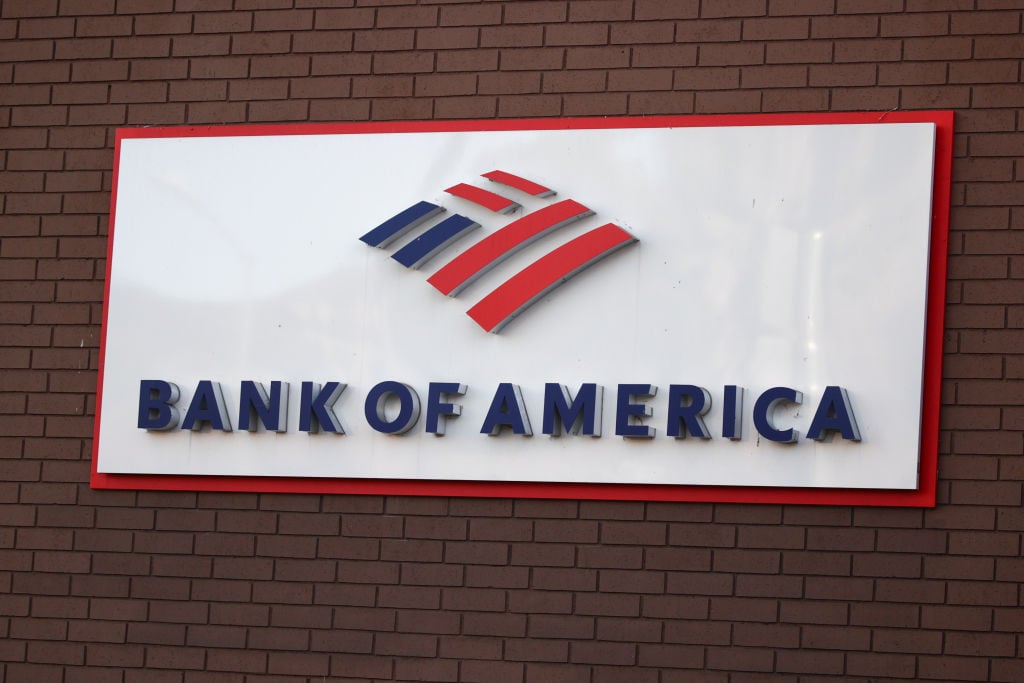Citigroup (NYSE:C) shareholders breathed an enormous sigh of relief on Monday, welcoming a second government bailout that didn’t significantly dilute them. They may not be out of the woods yet, though: In a research note published yesterday, UBS (NYSE:UBS) analysts, led by Glenn Schorr, praised the government’s latest efforts, but said they expect the bank will need to do “a sizable common [equity] issuance by early 2010” to bolster its balance sheet.
While the government’s $20 billion preferred-share investment and its loss guarantee provide approximately $40 billion in extra capital, they do little to improve Citi’s tangible common equity, against which any losses are charged first (tangible common equity is a measure of net worth that strips out intangible assets, including goodwill).
$35.5 billion in tangible net worth vs. a $29 billion ceiling on first losses ...
... doesn’t leave Citi with a lot of breathing room. Furthermore, while the government will cover any losses exceeding $29 billion on $306 billion of the bank’s assets, these don’t include the credit card loan portfolio, for example.
As the following table shows, although Citigroup’s new Tier 1 Capital ratio is now gleaming, its common equity-to-total assets ratio remains significantly lower than those of its two closest peers, JPMorgan Chase (NYSE:JPM) and Bank of America (NYSE:BAC).
|
Company |
Tier 1 Capital Ratio (Sept. 30, 2008) |
Average Common Equity-to-Average Assets Ratio (Sept. 30, 2008) |
|---|---|---|
|
Citigroup |
14.8% (Adjusted for the government’s latest preferred-share investment/loss guarantee) |
5.1% |
|
UBS |
10.8% |
2.1% |
|
JPMorgan Chase (NYSE:JPM) |
8.9% |
6.9% |
|
Wells Fargo (NYSE:WFC) |
8.6% |
8.1% |
|
US Bancorp (NYSE:USB) |
8.5% |
8.4% |
|
SunTrust Banks (NYSE:STI) |
8.2% |
9.9% |
|
Bank of America (NYSE:BAC) |
7.6% |
8% |
Source: Capital IQ, a division of Standard & Poor’s.
Perhaps UBS analysts would have been more reassured if the U.S. authorities had taken a lesson from their employer. In October, the Swiss government transferred $60 billion in dodgy assets off UBS’s books into a separate investment entity managed by the Swiss central bank -- something the U.S. Treasury stopped just shy of doing. Maybe that’ll be the next step in this rapidly expanding bailout.
More Foolishness:








